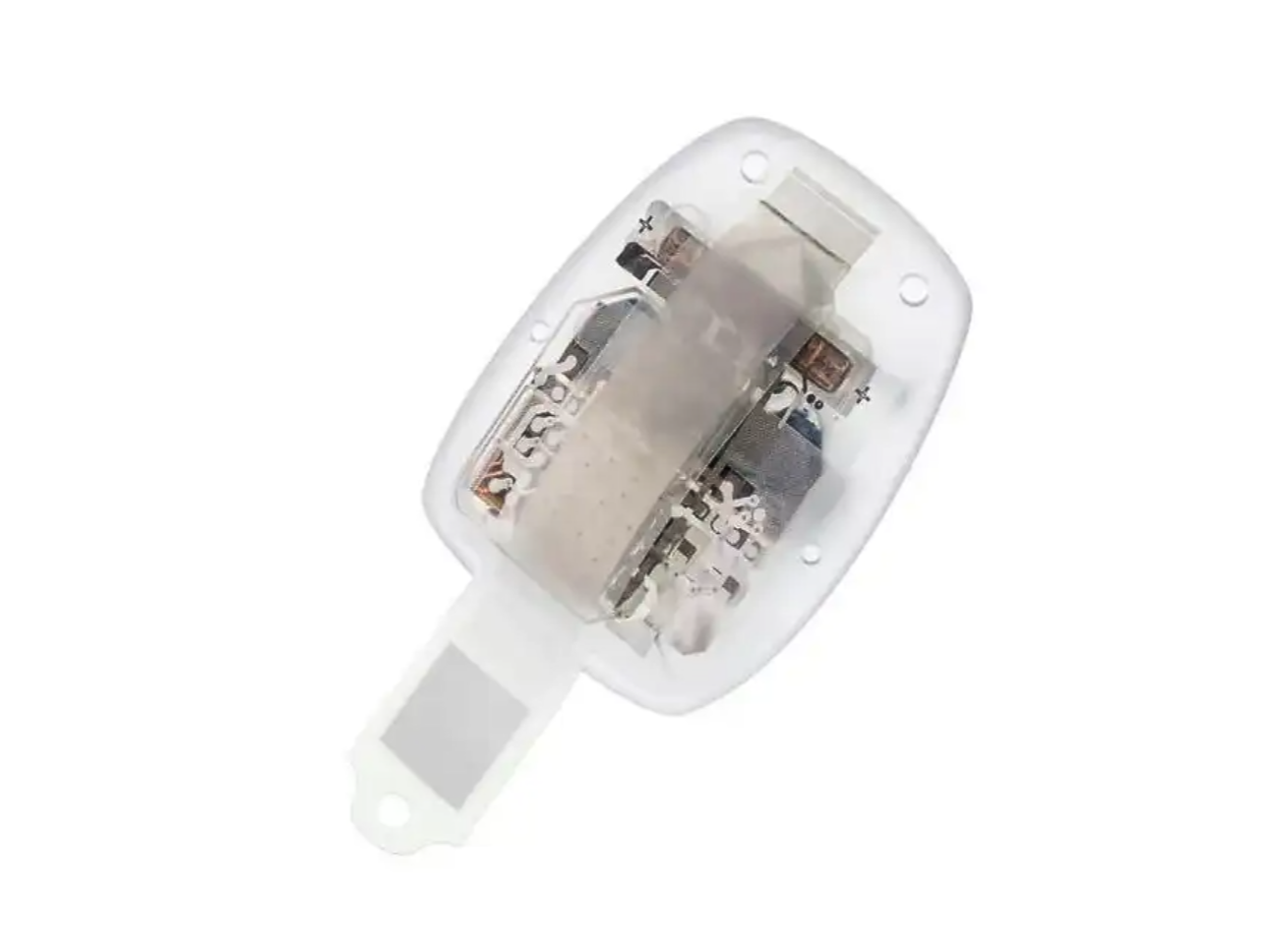Neuralink co-founder unveils cyborg eye prosthesis to cure blindness
Science Eye implant transmits information to a wearer’s brain through their optic nerve

The co-founder of Elon Musk’s brain chip startup Neuralink has unveiled a visual prosthesis for blind patients as part of a new project.
The Science Eye aims to target two forms of serious blindness that currently have no cure, before eventually serving as a brain-computer interface (BCI) by transmitting information through a wearer’s optic nerve.
Led by former Neuralink president Max Hodak, the BCI startup has already raised $160 million to commercialise the technology.
Science Corp takes a different approach to Neuralink, using photonics to pass data through the optic nerve rather than through a hole in the skull.
The device is currently being developed to target retinitis pigmentosa (RP) and dry age-related macular degeneration (AMD), which can both lead to severe vision loss.
Future versions of the eye implant could replace glasses and even serve as virtual reality goggles, according to Mr Hodak.
The company believes the first images seen by patients fitted with the device will look “quite different” to what non-visually impaired experience as vision.
“This is something we think will improve as we learn more – much of this neuroscience is difficult to do in animals - but even so, we hope to restore significant independence to even our (future) early patients,” the firm said.
“Our primary focus is on demonstrating sufficient safety data in animals so that we can begin a fist in-human clinical study, which is the first step towards an eventual commercial product.”
Science claims that there are no basic research problems standing in the way of commercialising the technology, with hopes of bringing it to market it “in the not too distant future”.
Join our commenting forum
Join thought-provoking conversations, follow other Independent readers and see their replies
Comments
Bookmark popover
Removed from bookmarks